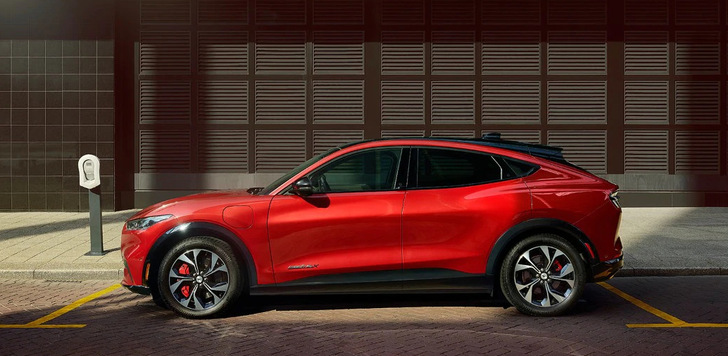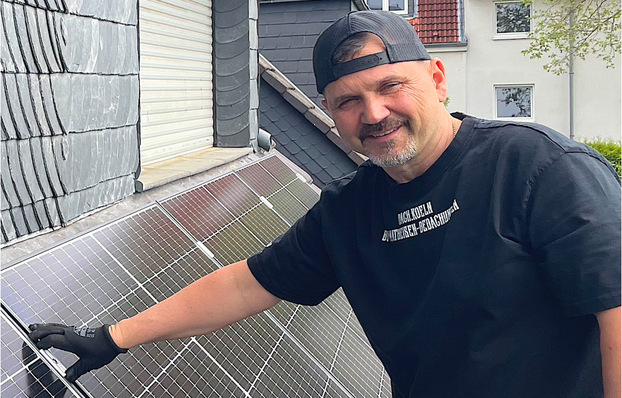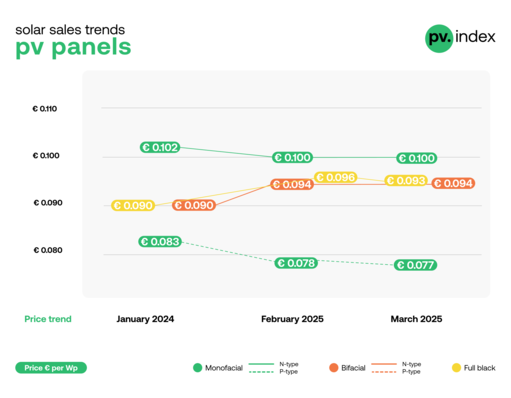For this approach, Ford has launched the new "Science Based Targets initiative" (SBTi). This initiative sets interim emissions targets that are consistent with findings of climate researchers so that the agreements of the Paris Climate Agreement can be met. Ford aims to reduce absolute greenhouse gas emissions from its global corporate operations by 76 per cent by 2035, as well as reduce the equivalent emissions from new vehicles sold globally by 50 per cent per kilometre driven.
The key to reducing emissions is the development of electrified vehicles. In Europe, Ford is pursuing the strategy of offering the entire range of passenger car models only in purely battery-electric form by 2030, and in the light commercial vehicle segment to offer at least one zero-emission or locally emission-free variant (fully electric or plug-in hybrid drive) per model series from 2024.
To drive electrification forward, Ford is investing one billion US dollars in the Cologne site, where the company is setting up a European Electrification Centre - the first plant of its kind in Europe. In cooperation with the Ford Development Centre, also located in Cologne, a fully electric passenger car volume model for Europe will be designed there, which will roll off the production line at the Ford plant in Cologne from 2023. The next generation Ford Transit Custom range will also include all-electric models built by Ford Otosan in Turkey to continue the electrification strategy in the light commercial vehicle segment, where Ford has a leading position across Europe.
"We will lead the way in achieving carbon neutrality because it is the right thing to do for customers, the planet and for Ford as a company," said Bob Holycross, Chief Environment and Sustainability and Safety Officer, Ford Motor Company. "About 95 per cent of our CO2 emissions today come from our vehicles, plants and suppliers. We are addressing all three areas with great urgency and confidence. The company's 2050 CO2 neutrality target is in line with the Paris Climate Agreement, to which the US recently recommitted and which Ford fully supports."
This year, for the first time, the merger of the previously separate Sustainability Report and Annual Report into a single, integrated publication increases transparency and provides a more holistic view of the company's successes.
Electrification of the future
Ford is increasingly focused on investing in electric and autonomous vehicles and connected solutions. Recently, the company doubled its global investment in electric vehicles to US$22 billion by 2026. In addition, Ford has electrified some of the brand's most popular models - including the highly anticipated Ford Mustang Mach-E, which was already launched in North America at the end of 2020. In Germany, the first vehicles are currently being delivered to customers.
In addition to the investment of one billion US dollars in the Ford Cologne Electrification Centre, the company is investing a further one billion US dollars in the modernisation and expansion of the South African assembly plants. In addition, construction has already begun on the new Rouge Electric Vehicle Center in Dearborn, USA, where an all-electric version of the F-150, successful in North America, will soon be built.
Setting new goals: building on successes in terms of sustainable manufacturing efforts, Ford already has a considerable history. Over the last ten years, Ford has achieved a 40 per cent reduction in its company-wide carbon footprint through improved energy efficiency in plant equipment and manufacturing processes. Ford's goal, to use locally sourced electricity entirely from renewable sources for all manufacturing facilities by 2035 is well on track and goes hand in hand with the commitment to electrified vehicles.
In addition to the commitment to reduce waste going to landfill to zero by reducing, reusing and recycling residual materials, the global strategy includes a 15 per cent reduction in water use by 2025 compared to 2019, with water use already reduced by 75 per cent since 2000.
Did you know? Self-consumption is becoming a necessity for every family
The 2035 emissions targets were developed and endorsed by SBTi to take active action on climate change and help the automaker achieve its ambitious goal of carbon neutrality by 2050: Reduce direct emissions from company-owned or controlled sources (Scope 1) and indirect emissions resulting from purchased electricity and steam, heating and cooling (Scope 2) by a total of 76 per cent. Furthermore, it is about reducing total greenhouse gas emissions resulting from the use of new Ford vehicles (Scope 3) by 50 per cent per kilometre driven compared to the same year in 2019.
Focus on people throughout the supply chain
Ford is committed to respecting human rights in all aspects of its supply chain. Earlier this year, the company created a Supplier Code of Conduct that outlines the expectations and standards of all supply chain partners. This also made Ford the first American automaker to join the Initiative for Responsible Mining (IRMA) for responsible sourcing of raw materials used in vehicle production. In addition, Ford's supply chains are audited by the Responsible Business Alliance for corporate social responsibility. In Europe, Ford is also a leading partner of DRIVE Sustainability, an initiative of automotive manufacturers that addresses ethical, environmental and labour issues at all levels of the supply chain.
Medical supplies to fight the pandemic
Last year, Ford was able to use its human resources, design and manufacturing expertise for the common good to mass-produce medical goods such as respirators and breathing masks to combat the Corona pandemic. In 2020, nearly 160 million face masks, 20 million face visors, 50,000 respirators, 1.6 million washable isolation gowns and, in partnership with 3M, more than 32,000 air-purifying respirators were produced worldwide. For global relief programmes, the Ford Motor Company Fund, which is the philanthropic arm of Ford Motor Company, donated an additional $1.13 million.
See also: New charging options for BYD ADL electric buses
In Europe, the Ford Fund provided nearly $500,000 to non-profit organisations to support emergency relief efforts related to the provision of food, medical equipment and protective clothing, IT and virtual resources, and counselling services. In Germany, thousands of items of protective equipment, masks or visors were donated or vehicles provided to hospitals, charities or schools at the start of the pandemic last spring alone.
"Ford remains committed to accelerating the development of electrified vehicles and achieving carbon neutrality," said Stuart Southgate, Director, Sustainability, Environmental and Safety Engineering, Ford of Europe. "The past twelve months have shown how significant an intact environment and caring human interaction are. Now is not the time to sit back. It is time to act." (mfo)
You can access the full report here.








